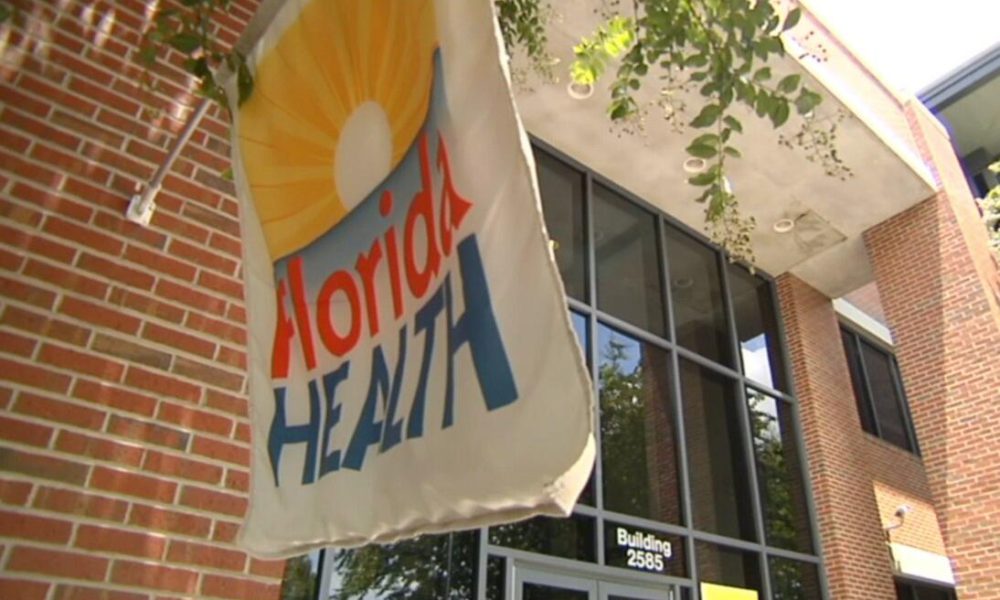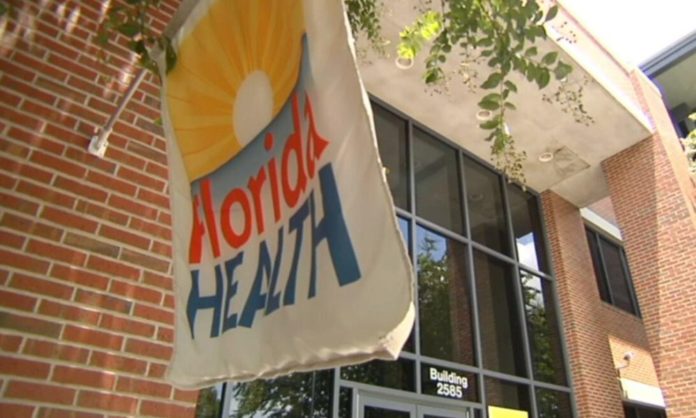
ATLANTA – The Centers for Disease Control and Prevention (CDC), along with state and local health departments in Florida are warning the LGBTQ+ community, principally gay, bisexual, and men who have sex with men, including those living with HIV, of a serious outbreak in cases of meningococcal disease.
The Florida Department of Health noted in a press release that thus far, the number of cases identified in 2022 surpasses the 5-year average of meningococcal disease cases in Florida.
At this time, there is no evidence to suggest that the cases among college students are related to the larger outbreak the CDC said adding that Florida’s increase in meningococcal disease cases is mostly affecting people who live in Florida but has also affected some people who have traveled to Florida.
The two most common types of meningococcal infections are meningitis (an infection of the lining of the brain and spinal cord) and bloodstream infection, both of which can quickly become deadly.
“If you have symptoms of meningococcal disease, seek medical care right away. Symptoms of meningococcal disease can first appear as a flu-like illness and rapidly worsen.“
Florida Department of Health
The following groups should consider vaccination with a meningococcal conjugate (MenACWY) vaccine during this outbreak:
- College and university students;
- Immunocompromised individuals;
- People living with HIV;
- Men who have sex with men;
- People in any groups listed above who received their MenACWY vaccine more than 5 years ago.
Find meningococcal vaccines, including the MenACWY vaccine, by contacting a health care provider, county health department, or pharmacy. FDOH County Health Departments offer meningococcal vaccines. For more information, contact your local health department.
This is a serious disease caused by bacteria called Neisseria meningitidis. Fortunately, these bacteria are not as contagious as germs that cause the common cold or flu. People do not catch the bacteria through casual contact or by breathing air where someone with meningococcal disease has been. It requires close contact over a period of time, or direct contact such as kissing or sharing drinks.
Early symptoms of the disease include fever, headache, stiff neck, nausea, vomiting, light sensitivity, confusion, and rash. Anyone who has been exposed or develops symptoms should be evaluated by a health care provider immediately. This is a rare but potentially devastating disease.
Florida facing meningococcal disease outbreak:
CDC is also emphasizing the importance of routine MenACWY vaccination for people with HIV. For the best protection, people with HIV should make sure they have gotten their 2-dose primary series of a MenACWY vaccine and are up to date with booster doses. Learn more about what people living with HIV need to know about meningococcal disease.
Importantly, MenB vaccines are available to any teen or young adult 16 through 23 years old who is interested in getting vaccinated. College campuses have reported outbreaks of serogroup B meningococcal disease in recent years.
Learn what people need to know about serogroup B meningococcal disease
The Florida Department of Health:
Follow us on Twitter at @HealthyFla and on Facebook. For more information about the Florida Department of Health please visit www.FloridaHealth.gov.








